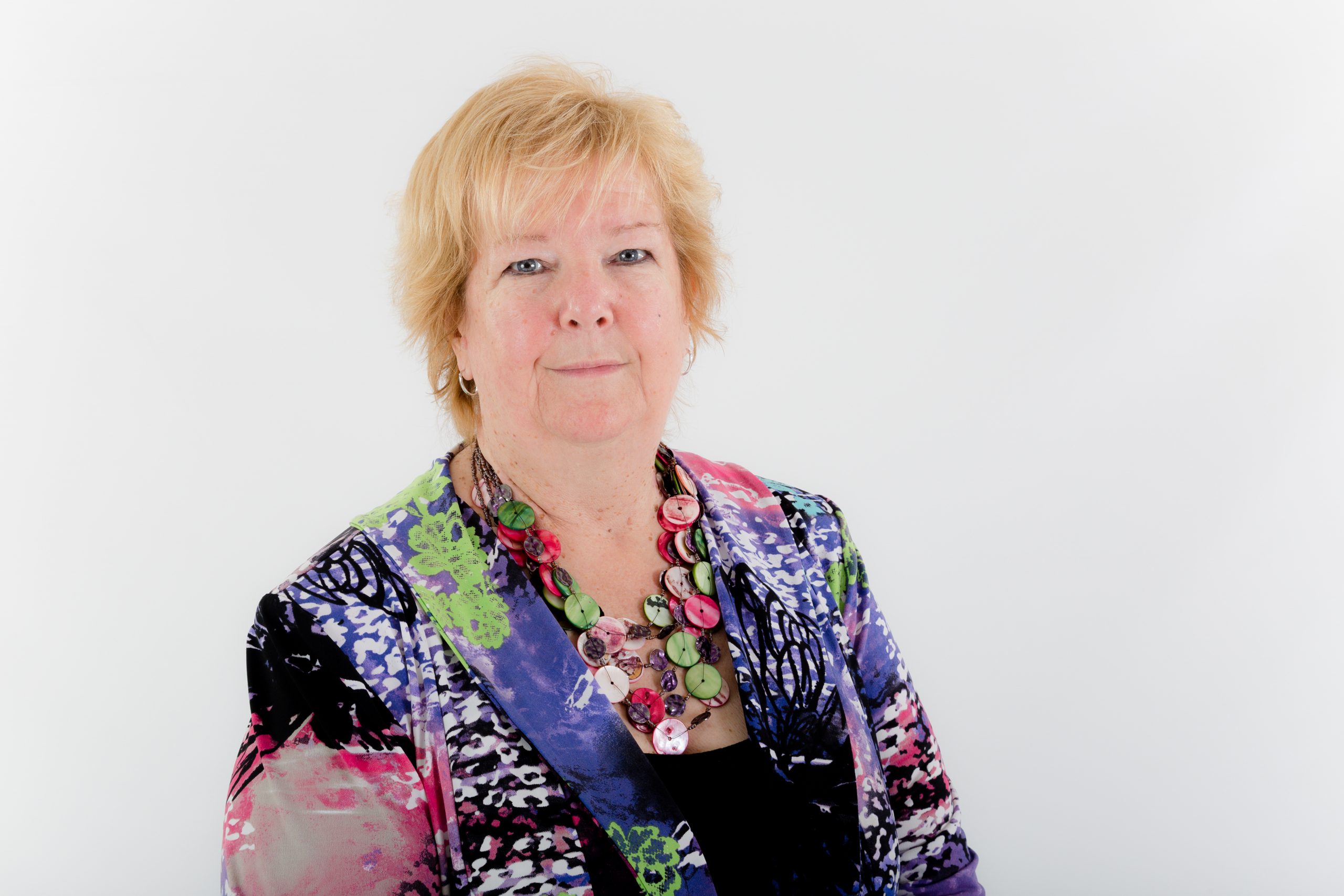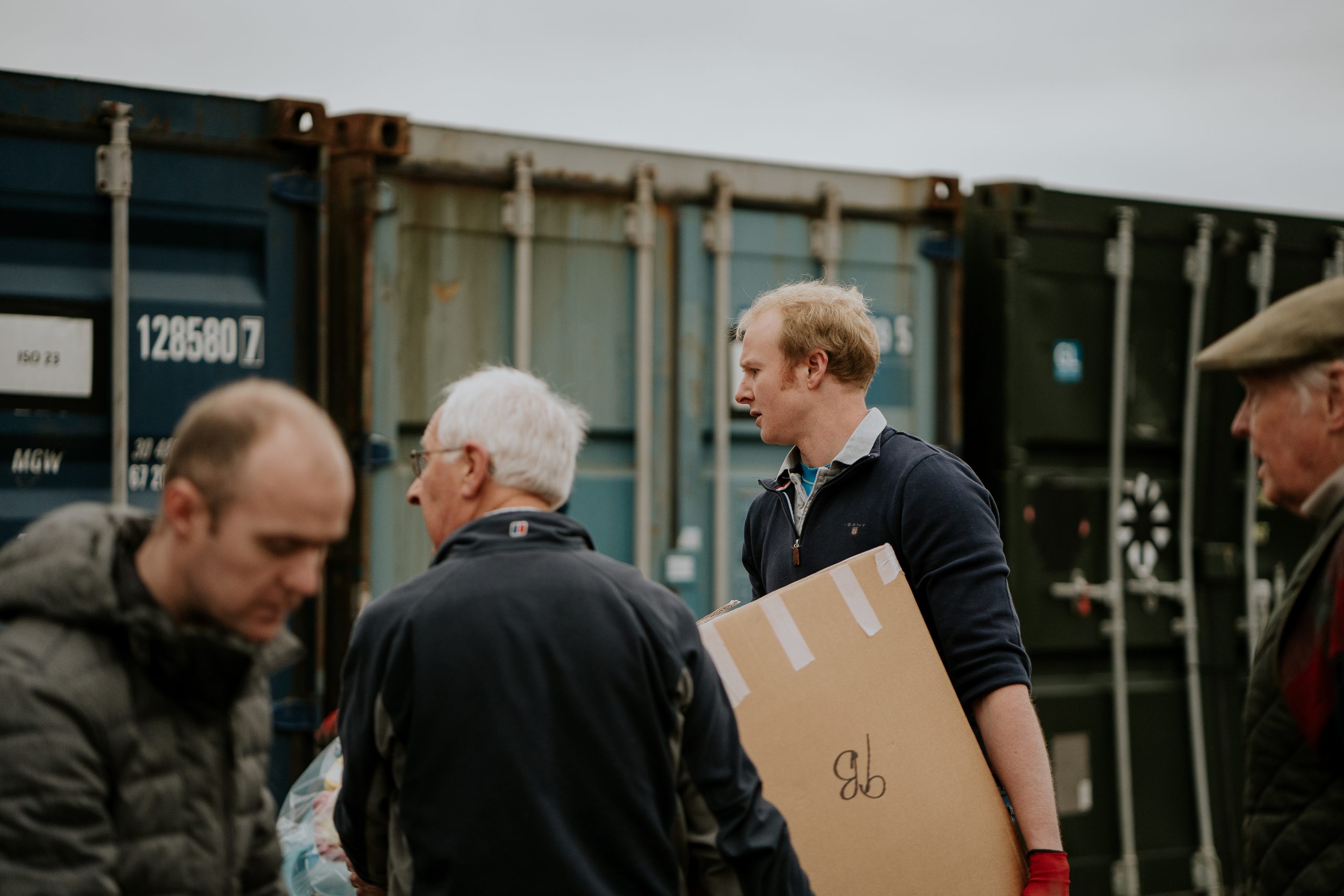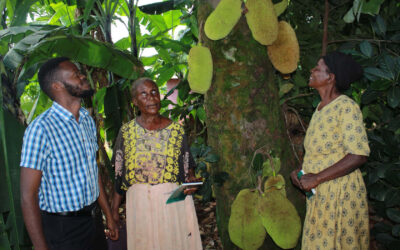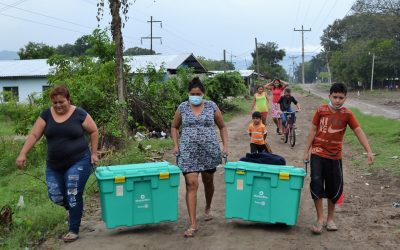Last year’s Rotary North East District Governor, Jacqui Molyneux, launched the appeal in July 2019 to raise £12,500 to ship the wheelchairs to KwaZulu-Natal in South Africa through the Wheelchair Foundation.
The foundation has a goal to provide a free wheelchair to every child, teen and adult worldwide who needs one, but has no means to acquire one.
Jacqui said: “I am absolutely delighted to have reached our goal to be able to send this consignment of wheelchairs to South Africa.”


Jacqui said: “I am absolutely delighted to have reached our goal to be able to send this consignment of wheelchairs to South Africa.”
Jacqui first became involved with The Wheelchair Foundation after she spent a month in Ghana, Benin and Togo as the team leader of the 2005 Rotary Group Study Exchange team.
She added: “There are a lot of physically disabled people in these countries for two reasons.
“First there was a large number of polio cases until recently – a disease which often affects mobility – and second, their health system is fairly primitive and tends to amputate rather than do more involved orthopaedic procedures.”
Jacqui first became involved with The Wheelchair Foundation after she spent a month in Ghana, Benin and Togo as the team leader of the 2005 Rotary Group Study Exchange team.”
The wheelchairs are delivered unassembled so that local technicians can be trained to assemble them and repair them when necessary in the future.
Jacqui said: “As well as providing much needed mobility, the project means that jobs are created and new skills learned.”
Rotary North East’s 50 plus clubs pulled together to raise the funds and finally met their goal this month.
The wheelchairs will be shipped out to South Africa early next year.
Meanwhile, PhysioNet loaded its 100th forty-foot container of specialist equipment, including wheelchairs, which was bound for the Spinal Injuries Association in Fiji.
The loading took place at the charity’s depot at Gelsthorpe Farm in York, where they worked with representatives of the Rotary clubs of Horbury and Ossett Phoenix, York, Osgoldcross and Elmet, York Ainsty and Knaresborough.


PhysioNet loaded its 100th forty-foot container of specialist equipment, including wheelchairs, which was bound for the Spinal Injuries Association in Fiji.
PhysioNet Chairman Mike Adams said: “The total amount of recycled equipment sent overseas equates to approximately 50,000 units, weighing in at 1,000 tonnes, most of which would have ended up in UK landfill sites.”
PhysioNet is a national charity with a strong Rotary influence, which refurbishes and recycles unwanted physiotherapy equipment to disabled people across the world. They are supported by an enthusiastic team of volunteers who help with the identification, collection, repair and packing of the equipment, before it is shipped abroad.
The total amount of recycled equipment sent overseas equates to approximately 50,000 units, weighing in at 1,000 tonnes, most of which would have ended up in UK landfill sites.”
The charity was started by Peter Thompson after he visited Sarajevo, the capital of Bosnia and Herzegovina in 2004, where he was impressed by the progress being made by the charity Hope and Homes for Children which helped children orphaned by the Balkan War.
However, it was apparent that the most severely disabled children were in great need of special paediatric physiotherapy equipment which was unavailable in Bosnia.
On returning to the UK, he found a surplus of aids for the disabled, including wheelchairs, crutches and walking frames which meant not only could these easily meet Sarajevo’s needs, but they could also help other charities around the world.
And this led to the birth of PhysioNet.










